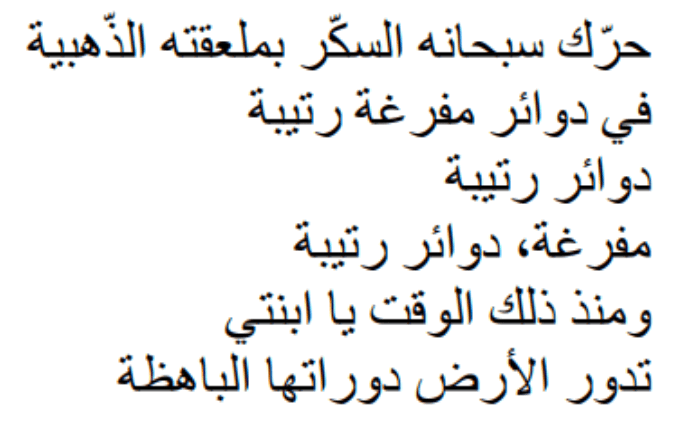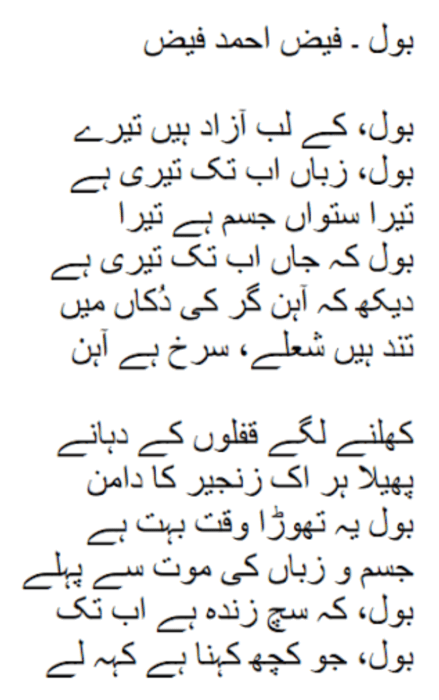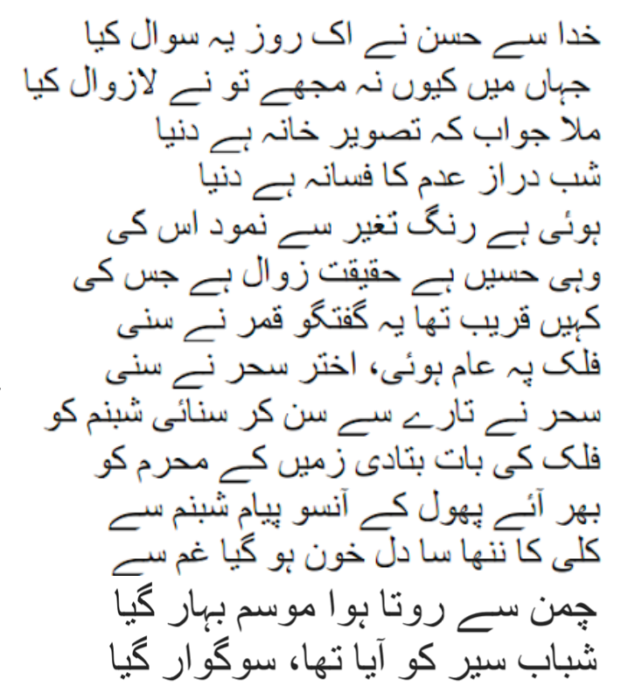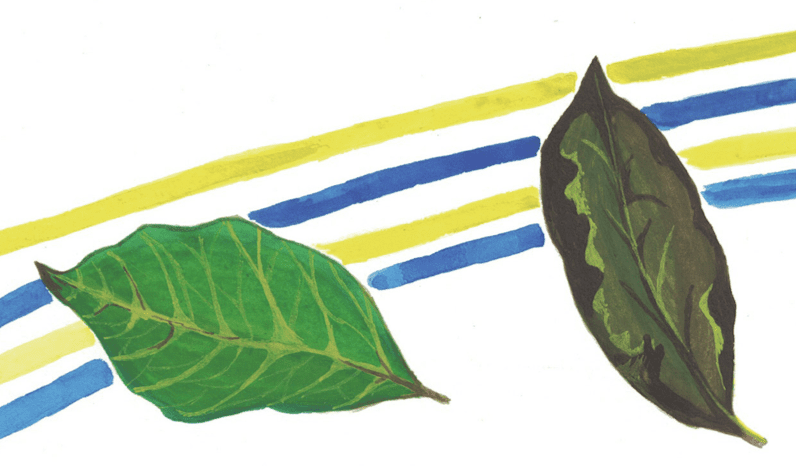About a month ago LitSoc combined forces with the folks at BnG and (in spite of multiple COVID-related obstacles!) hosted a sensational multilingual poetry night at the Griffin Centre in Civic. BnG provided some sweet funding for the venue and a guitarist named Michael for background aesthetic tunes and a direct livestream to viewers back at BnG. Meanwhile LitSoc organised the speakers and excessive amounts of pizza. We left it open for volunteers to recite any poetry, original or otherwise. Knowing that public speaking can be nerve-wracking at the best of times, and that some people would be speaking in languages that were relatively new to them, we tried to touch base with all the speakers quite a few times before the event. On the night every single speaker stepped up and treated us listeners to a small, poetic taste of a language other than English, and some thoughts on their relationship with the language. I think everyone left with a little bit of inspiration to go pick up a poetry anthology by Faiz Ahmed Faiz or Jacques Prevert, or listen closely to the lyrics of German and Punjabi music, or straight up enrol in an Urdu or Arabic language class.
Admittedly, we had initially planned for the night to be larger in scale, and a smoother process for participants. But like for all student organisations, LitSoc events have to adapt and acclimatise. Nonetheless we are grateful to BnG for their support, and of course to all the speakers for jumping onboard so willingly. Also to Rachel from Woroni for suggesting we gather the comments below and spread the delights of multilingual poetry even further!
— ANU Literature Society
Soraya Zwahlen
I chose ‘Drachendressur’, or ‘A Possible Tactic for Training a Dragon’, by one of my favourite Hip-Hop artists, Käptn Peng. The tactic basically consists of getting to know the dragon better than he knows himself. I think everyone interprets that from a different angle. To me, it is about one way of approaching a challenging argument with someone. Personally, I often get frustrated and angry in arguments where an individual has an opinion on a topic which I care about, and that opinion is vastly different from my own. ‘Drachendressur’ suggests one first emerges themselves entirely in the opponent’s argument and understands it as thoroughly as possible. Only after that are they ready to argue against it, and will be able to do so successfully.
Every once in a while, I feel it is vital to listen to languages which I do not understand. It reminds me that there are entire universes out there of which I know nothing about. Poetry (and music) are probably the best way of engaging with these universes – so I am hoping LitSoc will be organising more of these multilingual poetry nights in the future!
Drachendressur by Käptn Penga
Willst du einen Drachen dressieren,
musst du dich von ihm fressen lassen,
zerkauen, verdauen, wieder rauspressen lassen,
zu Erde werden, und remanifestieren,
zurückkommen und seinen Style kopieren,
Feuer spucken, Schuppen wachsen lassen, Fliegen lernen,
ihm einen Heiratsantrag machen und ihn lieben lernen.
Danach gehört er dir und falls ihr kämpft, wirst du gewinnen:
Im Gegensatz zu ihm kennst du ihn von innen
A Possible Tactic for Training a Dragon
If you want to train a dragon,
you must let him eat you,
chew you, digest you, press you out again,
become earth, remanifest,
return and copy his style
spew fire, grow scales, learn to fly,
propose to marry him and learn to love him.
After that, he belongs to you, and if you fight, you will win:
Unlike him, you know his insides.
Addie Townsend Gommers
I chose a poem from the Palestinian writer Samih al-Qasim, entitled ‘The Boring Orbit’. I thought the audience might find this poem’s kind of pessimistic outlook cathartic, given how really very bleak these times are for many of us. Poetry can be an invaluable guide. It helps us navigate life and explore different emotions and their implications. In ‘The Boring Orbit’, the author explains to their unborn daughter why the Earth spins: it is just a mere reaction to God stirring sugar into his coffee with a golden spoon. Sometimes I believe it necessary to accept the mundanity of big things, in order to stop worrying and open up to the little things. But this is just my view, and I am one person in one time, so it is coloured by my experience, culture, and language.
Being open to multilingual poetry allows you to see many more of the world’s colours. For me, reading Arabic poetry is important to my learning of the language. However, encountering different languages guarantees encountering new viewpoints, which can spark crucial moments of growth. The difficulties involved with participating in this poetry night demonstrate to me that many of our connections to culture are made very fragile in our society. The persistence of LitSoc executive and goodwill of the performers show that there are many doing what they can to enrich their communities nonetheless.

The Boring Orbit by Samih al-Qasima
God stirred his sugar with his gold spoon
In dull, empty circles,
Dull circles,
Dull, empty circles.
And since that time, my child,
The Earth’s been rotating in its boring orbit.
Aditi Dubey
I performed two poems at Multilingual Poetry Night, one in Urdu and one in French. The first poem was ‘La lune et la nuit’ (The Moon and the Night) by Jacques Prevert. I have learnt French for years and enjoy reading French poetry, so it was difficult for me to select just one poem. I opted for this one because it is written in Prevert’s signature style: simple, yet elegant. The imagery evoked is ethereal. I love poems about the moon, and I like how this one is not overly romantic. At the same time, it maintains innocence and reverence.
The second poem I performed was ‘Bol’ (‘Speak’) by Faiz Ahmed Faiz. I grew up listening to a lot of Urdu poetry, because my father is quite the fan. Faiz is one of the most popular poets of all time. Even at our small poetry night, which had just a handful of performers, I was the second person to have chosen a Faiz poem! He is known for his revolutionary, politically charged tone. ‘Bol’ is a poem about how powerful and how necessary it is to just speak, imploring us all to do so. I think it delivers an important message, wrapped up in rhythmic poetry, hence why it resonates with everyone who hears it.
La lune et la nuit by Jacques Prevert
Cette nuit-là je regardais la lune
Oui j’étais à ma fenêtre
et je la regardais
et puis j’ai quitté ma fenêtre
je me suis déshabillée
je me suis couchée
et puis alors la chambre est devenue très claire
la lune était entrée
Oui j’avais laissé la fenêtre ouverte
et la lune était entrée
Elle était là cette nuit-là dans ma chambre
et elle brillait
J’aurais pu lui parler
J’aurais pu la toucher
Mais je n’ai rien fait
je l’ai seulement regardée
elle paraissait calme et heureuse
j’avais envie de la caresser
mais je ne savais pas comment m’y prendre
Et je restais là… sans bouger
Elle me regardait
elle brillait
elle souriait…
Alors je me suis endormie
The Moon and the Night
That night, I was looking at the moon
Yes, I was at my window
And I was looking at her
And then, I left my window
I undressed
And I went to bed
And the, the room became very bright
The moon had entered
She was there, that night in my room
And she was shining
I could have talked to her
I could have touched to her
But I did nothing
I only looked at her
She looked calm and happy
I wanted to caress her
But I don’t know how to do it
And I stood there…without moving
She was looking at me
She was shining
She was smiling…
And then I fell asleep
And when I woke up, it was already the next morning and…I could see only the sun above
the houses.

Bol (Speak) by Faiz Ahmed Faiz
Speak, for your lips are still free
Speak, your tongue is still your own
Your upright body is still yours
Speak, your life is still your own
Look, in the forge of a blacksmith,
The flames leap high, the steel glows red
The locks have opened up their jaws
Each chain has broken wide open
Speak, this little time is enough
Before the death of body and tongue
Speak, for truth still lives
Speak, say whatever you must say
Hassan Khan
Why must good things come to an end? We are told that there is light at the end of the tunnel, but why is there a tunnel there in the first place, and why is it dark? Surely there should be light. The Urdu and Persian poet Muhammad Iqbal was a religious man, so he put this question to God. Why would God create darkness when there could always be light?
A philosophical question, no doubt, with no simple answer. Writing from the perspective of God, in the poem ‘Haqeeqat-e-Husn’ (‘The Reality of Beauty’), Iqbal presents us with a possible answer: ‘When its [the world’s] appearance is from the colours of change / Indeed that reality is beautiful which has an end.’ I would sum up this sentiment with another question: how would we know the goodness of light if we did not know darkness? God answers that the ‘colours of change’ render true beauty known to us, and that ‘reality is beautiful which has an end.’ One is naturally saddened to think that whatever may be momentarily perceived as beautiful will be doomed.
Iqbal, looking at the natural world around him, imagined how nature itself would feel about such a proclamation from God. ‘Tears filled the flowers from the message of the dew / The heart of the flower bud burst into blood from sadness.’ Here, I reflect on how short springtime lasts: a few months of blooming flowers and not-too-hot-not-too-cold weather. To quote Paul Simon, ‘The leaves that are green turn to brown.’ But would we see spring for what it is if there was spring all year round? And what about our youth? Youth follows childhood; an even more wondrous time! And after youth? Old age – indeed an age with its own benefits, but how can it compare to wild parties with many friends? Perhaps there lies our answer. We will remember our youth and appreciate it for what it truly was only when life without it is clearly not the same. With hindsight we can share wisdom. As Iqbal writes, ‘Youth came exploring and enjoying the sights, but left sad and forlorn.’
My first experience of multilingual poetry was like the first time I put on my glasses. I could see without them, but the glasses allowed me to see more. Different shapes, sizes and colours of the world became visible. There are whole other worlds of literature out there ripe and ready for our reading.

The Reality of Beauty by Muhammad Iqba
One day beauty asked God this question
Why didn’t you make me everlasting in this world?
The answer came that the world is a picture gallery
The world is a story of a long, absent night
When its appearance is from the colours of change
Indeed that reality is beautiful which has an end.
Somewhere nearby was the Moon and it heard the conversation
The conversation spread in the heavens, and the morning star heard it too.
The morning heard it from the night stars and told the dew
The talk of the heavens reached the mortals of earth
Tears filled the flowers from the message of the dew
The heart of the flower bud burst into blood from sadness
Springtime left the garden crying
Youth came exploring and enjoying the sights, but left sad and forlorn
Ramneek Cheema
I chose the lyrics of the song ‘Jalsa’ by Satinder Sartaaj as my poem in Punjabi. Punjabi is a language known to be both traditional and earthy. It originates from Punjab, an ethnic region which was split during the horrific partition of India and Pakistan. Although this poem/song would be classified as modern poetry, I believe it epitomises the art of classical Punjabi poetry, in its beautiful romanticism of nature. In its entirety, ‘Jalsa’ is understandable to everyone because it discusses the universal concept of the natural elements; exploring their co-dependency but also their playful contrast. This is achieved through charming personification. ‘Jalsa’ roughly translates to ‘get together’, reflecting the way in which multilingual poetry appeals to all people. This poem reminds us too that each language has a personality of its own and expresses ideas in an infinite variation of sound.
Jalsa by Satinder Sartaaj
Chandni Ne Punneya Te Jalsa Lagaya
Saddaa Cheel Nu Vi Aaya, Chand Mukh Mehmaan Si
Rishma ne
Rishma Ne Doodhiya Jehi Paayi Si Poshaak
Maari Taareyan Nu Haak, Oh Taan Hor Hi Jahaan Si
Rukhan Thalle Digge Paye Si, Ho Ke Latt Baure
Ji Sharaabi Ho Gaye Bhaure, Pee Ke Tupkaa Tarel Da
Shokh Jehiyan
Shokh Jehiyan Mehkan Ne Phir Aa Ke Samjhaya
Surkhaab Nu Bulaya, Jo Tareeka Dasse Mel Da
Paaniyan De Sheeshe Vekh Hoyian Ne Jawaan
Ehe Dhuppan Nu Gumaan, Dasso Kehda Saade Mech Da
Mausamaa Ne Ditte Pher, Byaan Vi Jawaabi
Ho Gayi Guftgoo Oh Naabhi, Koi Rutta’n Nu Rang Vechda
Soorja Vi Hoya Phireh Baddliyan De Ohle
Shaami Kiseh Naal Na Bole, Ki Oh Lukka Chhupi Khelda
Maadi Maadi. Maadi Maadi.
Oh Maadi Maadi Thandak Hawaawan Vich Hoyi
Saanu Aundi Khushboyi, Rang Vekh Ke Du-Mel Da
Pyaar Wale Pind Diyan, Mehakdiyan Joohan
Agge Sandli Abroohan, Teh Balouri Dehleez Hai
Dilan Wale Kamre Ch Noor Howega, Ji Haan Jaroor Howega
Ke Ishq Roshni Di Cheez Hai
Jalsa by Satinder Sartaaj
The moonlight held a get together on the night of the full moon
Invited the eagle
The moon was a guest too
Light rays wore a milky white outfit
Hollered at the stars to invite them over
That was a whole different world
The bumble bees lay drunk under the trees
After drinking a drop of morning dew
delicate aromas then emerged to crate understanding
Summoning surkhaab as well, to reveal the path towards unity.
They have grown up looking through the mirrors of water
These are the sunrays that now posses an air of arrogance
asking who is of our stature
In reply the weather also retaliated with words
Making the conversation now interesting,
As an interesting atmosphere was created the seasons gained their colours through the
sunrays and weather.
The sun now hides behind the little clouds, refuses to talk with anyone during sunset as he
plays hide and seek
A slight slight wind now cools down the earth
We can now smell the sweet aroma that emerges at seeing the coming together of two
colours
In the village of love, the sweet aroma fills the streets
As each door entrance lay open with welcoming arms
The room of the heart will be home to light, yes it will be home to light
As love is a component of all light
Think your name would look good in print? Woroni is always open for submissions. Email write@woroni.com.au with a pitch or draft. You can find more info on submitting here.
We acknowledge the Ngunnawal and Ngambri people, who are the Traditional Custodians of the land on which Woroni, Woroni Radio and Woroni TV are created, edited, published, printed and distributed. We pay our respects to Elders past and present. We acknowledge that the name Woroni was taken from the Wadi Wadi Nation without permission, and we are striving to do better for future reconciliation.
